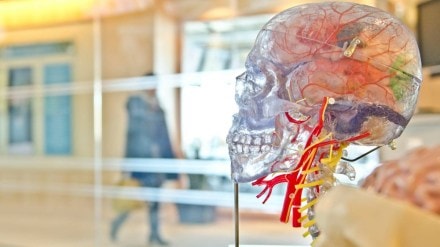Nithin Kamath, CEO of Zerodha, the company that provides India’s biggest stockbroker, has recently shared his experience on the social media platform, X, with a ‘mild stroke’ and its following recovery. The CEO explained various reasons that could be the cause behind the sudden stroke.
Strokes can impact your brain in a way that can give rise to permanent damage and disability. Kamath has already started his journey of recovery that he suffered 6 weeks ago, making him realise the importance of health and when to ‘shift the gears.’
Ischemic Stroke
An ischemic stroke, a prevalent type of stroke, occurs when a portion of the brain is deprived of blood supply, leading to tissue damage due to a lack of oxygen and nutrients. Stroke rehabilitation, crucial for recovery, focuses on addressing the challenges and aftermath of stroke through intensive therapy and exercises. This comprehensive approach aims to restore lost abilities like movement, speech, and cognition, enhancing independence and quality of life.
Post Stroke Measures
Following a stroke, adopting suitable lifestyle and dietary changes can significantly influence the pace and quality of recovery. It’s vital to incorporate a holistic approach encompassing physical rehabilitation, nutritional support, and lifestyle adjustments.
Dietary modifications post-stroke are essential for expediting recovery. This includes reducing sodium intake to manage blood pressure, increasing consumption of fruits, vegetables, and whole grains for heart health, and ensuring adequate hydration.
Prioritizing a colorful array of fruits and vegetables provides essential nutrients and antioxidants. Whole grains like brown rice and oats offer sustained energy and heart health benefits, while reducing processed food intake aids in improving overall health.
Lifestyle changes are paramount, especially considering the heightened risk of future strokes post-initial stroke. Regular exercise, smoking cessation, and stress management through relaxation techniques contribute to overall well-being and stroke prevention.
Effective stress management is crucial for overall well-being. Engaging in relaxation techniques, mindfulness practices, and enjoyable hobbies can help reduce stress levels and support recovery. By embracing these lifestyle and dietary adjustments, stroke survivors can enhance their recovery journey and reduce the risk of future stroke occurrences.
